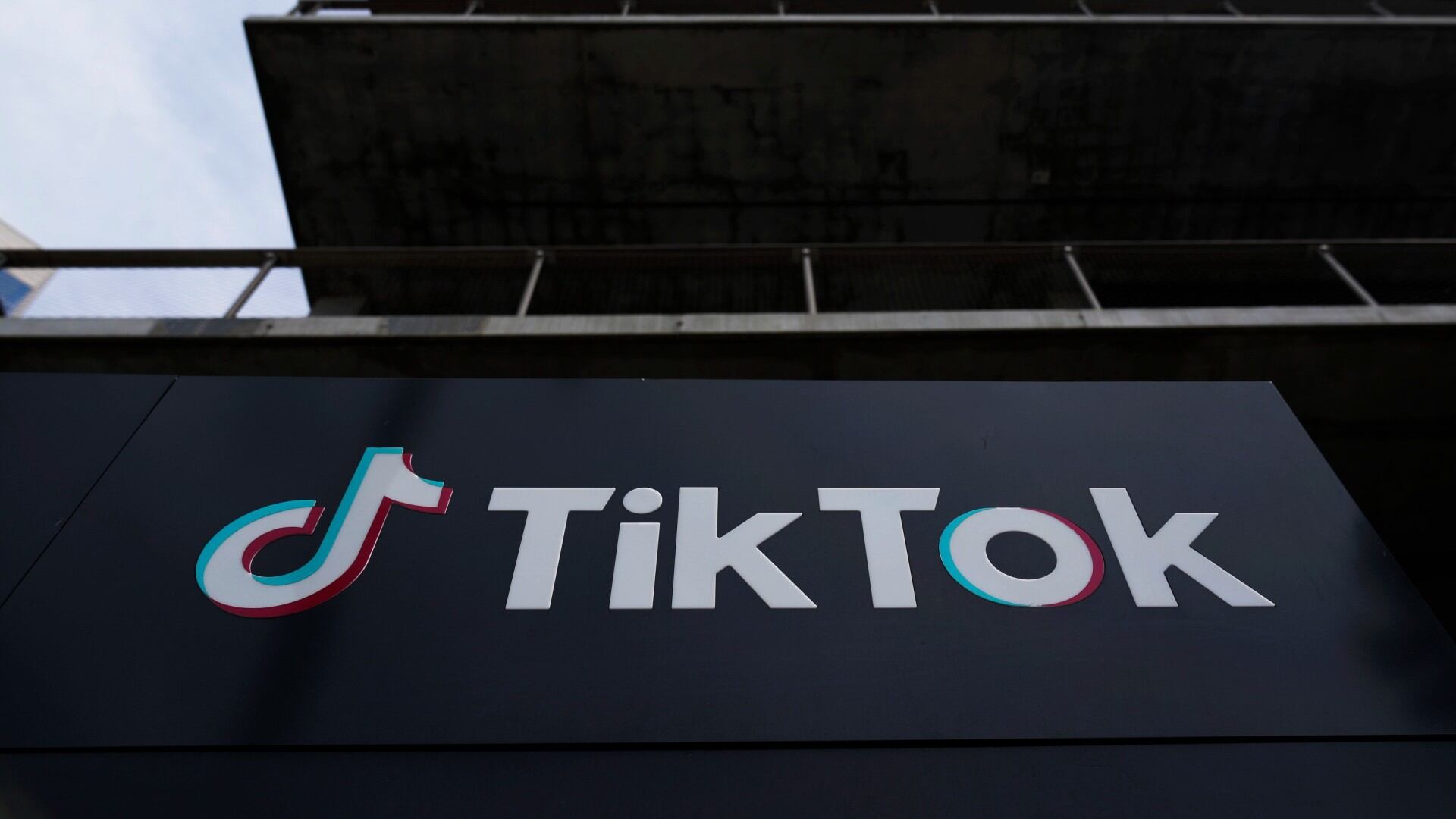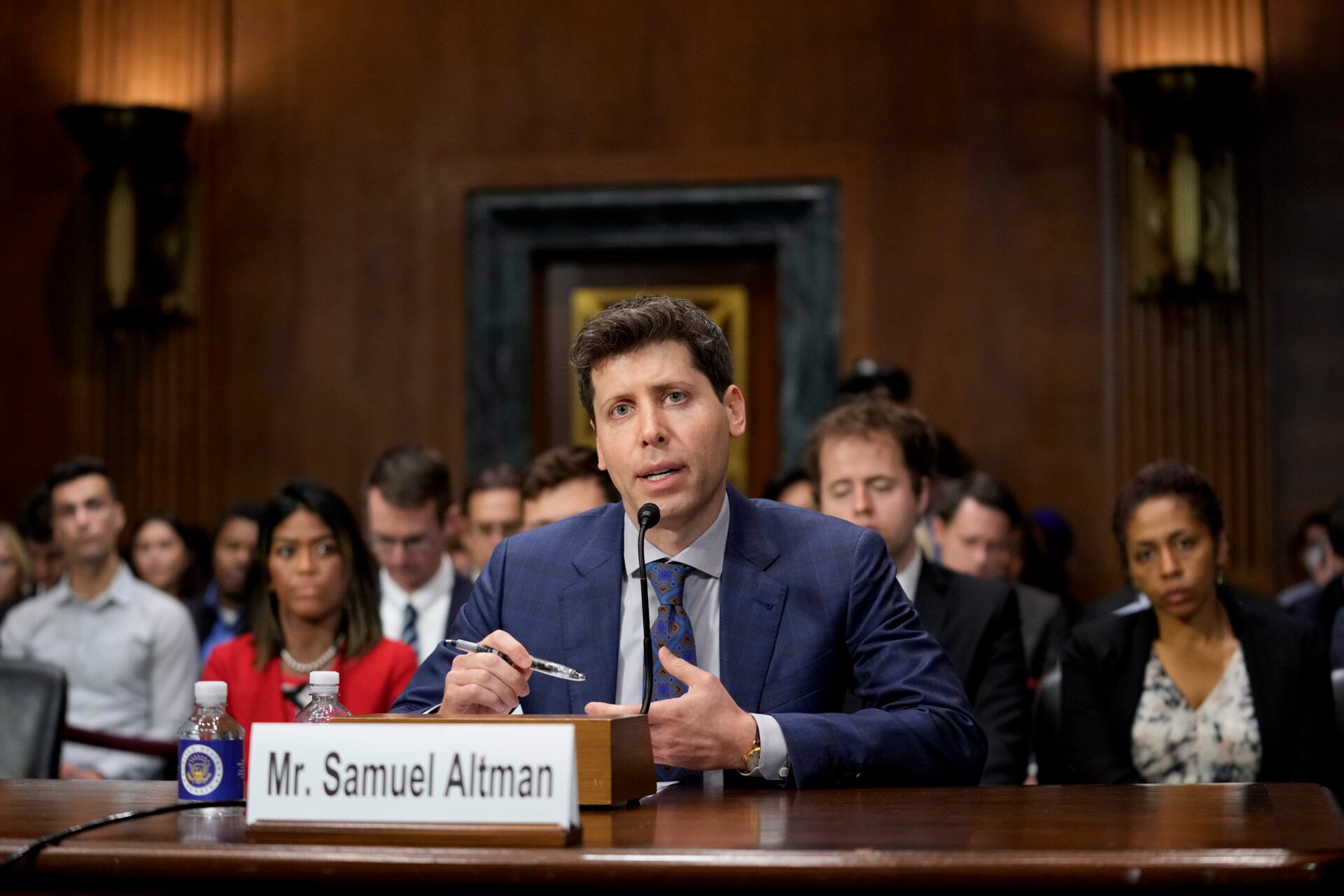Amazon's Alexa has made its way into augmented reality smart glasses. Paul Boris, Chief Operating Officer at Vuzix, showcases the company's integration of voice-technology into its glasses at CES in Las Vegas. Vuzix, a supplier of smart glasses and augmented reality technologies, looks to launch the first pair of its kind during the second quarter of 2018. Users will be able to use their voice to activate Alexa and project information in the new field of view. Boris explains that the goal of the $1,000 smart glasses is to help people stay digitally connected while remaining present in the real world. Vuzix isn't the first company to take on smart glasses. Google struggled with Google Glass, and many would say Snap's Spectacle product underperformed. Boris responds by describing how Vuzix's product is different and breaks down why now is the right time for his company to roll out a consumer product with Amazon Alexa integration.












